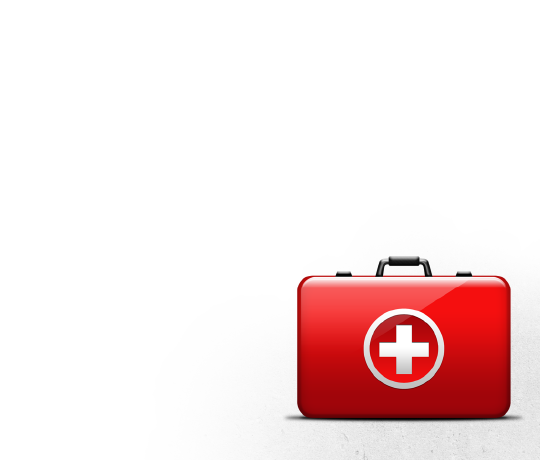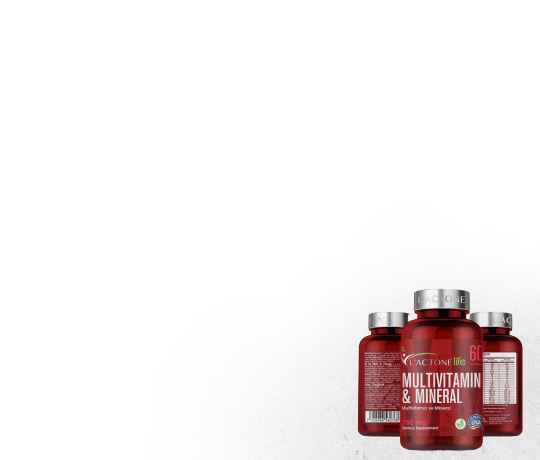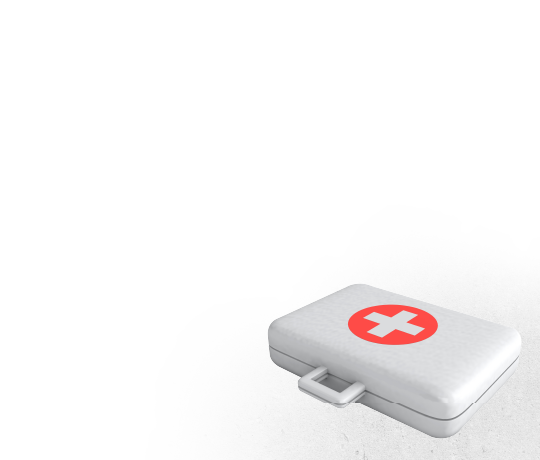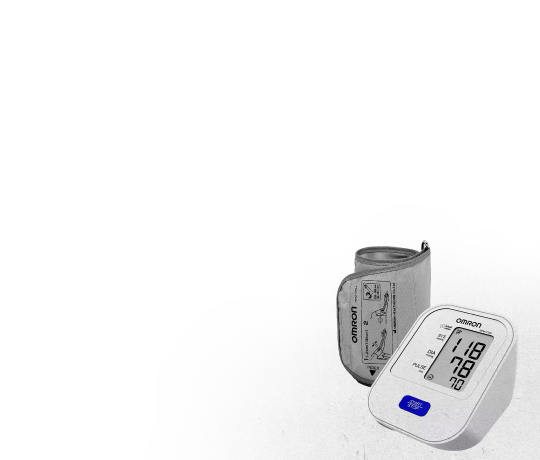Understanding Prostate Cancer: Symptoms and How to Reduce Your Risk
Prostate cancer is a serious topic for men, and with good reason. It’s one of the most common cancers affecting men, particularly as they age. But while the statistics might seem daunting, understanding the disease, recognizing potential symptoms, and knowing how to reduce your risk are powerful tools in your health arsenal.
What Exactly is Prostate Cancer?
Let’s start with the basics. The prostate is a small, walnut-shaped gland located below the bladder in men. Its primary role is to produce fluid that nourishes and transports sperm. Prostate cancer occurs when cells within this gland begin to grow abnormally and uncontrollably.
The good news? Most prostate cancers grow slowly and often remain confined to the prostate for many years. However, some types can be aggressive and spread quickly, which is why awareness and early detection are so crucial.
Don’t Ignore the Signs: Potential Symptoms to Watch For
Here’s where it gets a little tricky: early-stage prostate cancer often presents no symptoms at all. This is because the cancer typically starts in an area of the prostate that doesn’t immediately affect the urethra (the tube carrying urine).
When symptoms do appear, they are usually related to changes in urination due to the growing tumor pressing on the urethra. It’s vital to remember that these symptoms are also common with other non-cancerous conditions like an enlarged prostate (BPH), but they always warrant a visit to your doctor.
Keep an eye out for:
- Urinary difficulties: Trouble starting urination, a weak or interrupted flow, or feeling like your bladder isn’t completely empty.
- Increased frequency: Needing to urinate more often, especially at night.
- Pain or discomfort: A burning sensation during urination or ejaculation.
- Less common signs (may indicate advanced disease): Blood in urine or semen, persistent pain in the lower back, hips, or pelvis, or unexplained weight loss.
If you experience any of these, don’t panic, but do schedule an appointment with your doctor.
Taking Control: How to Reduce Your Prostate Cancer Risk
While there’s no magic bullet for complete prevention, research strongly suggests that certain lifestyle choices can significantly lower your risk, especially for the more aggressive forms of prostate cancer.
1. Embrace a Plant-Rich Diet
Your plate is your first line of defense!
- Load up on fruits and vegetables: Aim for a diverse array of colorful produce. Think broccoli, cauliflower, kale, and vibrant red foods like cooked tomatoes (which are rich in lycopene, an antioxidant that some studies suggest is beneficial).
- Choose healthy fats: Limit saturated fats found in red and processed meats. Instead, opt for healthy fats from fish (omega-3s), nuts, and seeds.
- Go easy on red and processed meats: Reducing your intake of beef, pork, lamb, and processed meats like bacon and sausage is a smart move.
- Be mindful of dairy: Some studies suggest a potential link between high dairy intake and increased risk, so discuss your calcium needs with your doctor.
2. Get Moving and Stay Lean
- Maintain a healthy weight: Obesity is linked to a higher risk of more aggressive prostate cancer.
- Exercise regularly: Aim for at least 30 minutes of moderate activity most days of the week. This helps with weight control, reduces inflammation, and boosts your overall health.
3. Kick Bad Habits
- Stop smoking: Smoking increases prostate cancer risk and can worsen outcomes.
- Limit alcohol: If you drink, do so in moderation.
4. Think Twice About Supplements
This is a critical point! While many supplements claim to prevent cancer, none are proven to do so for prostate cancer, and some (like high-dose Vitamin E and Selenium) have even been linked to increased risk. Stick to getting your nutrients from whole foods. Discuss any supplement use with your doctor.
5. Talk to Your Doctor – It’s Your Best Strategy
The most important step you can take is to be proactive with your healthcare provider. Discuss your personal risk factors (age, family history, race) and whether prostate cancer screening (such as the PSA blood test) is right for you. Early detection can make a significant difference in treatment success.
By understanding the signs and adopting a healthy lifestyle, you’re taking powerful steps to protect your prostate health and overall well-being. Don’t wait – empower yourself with knowledge and proactive choices today!


























